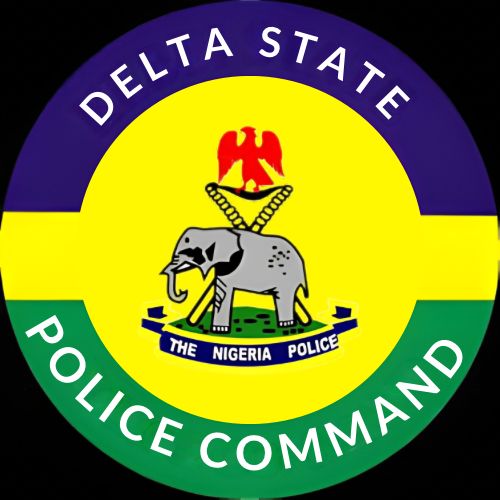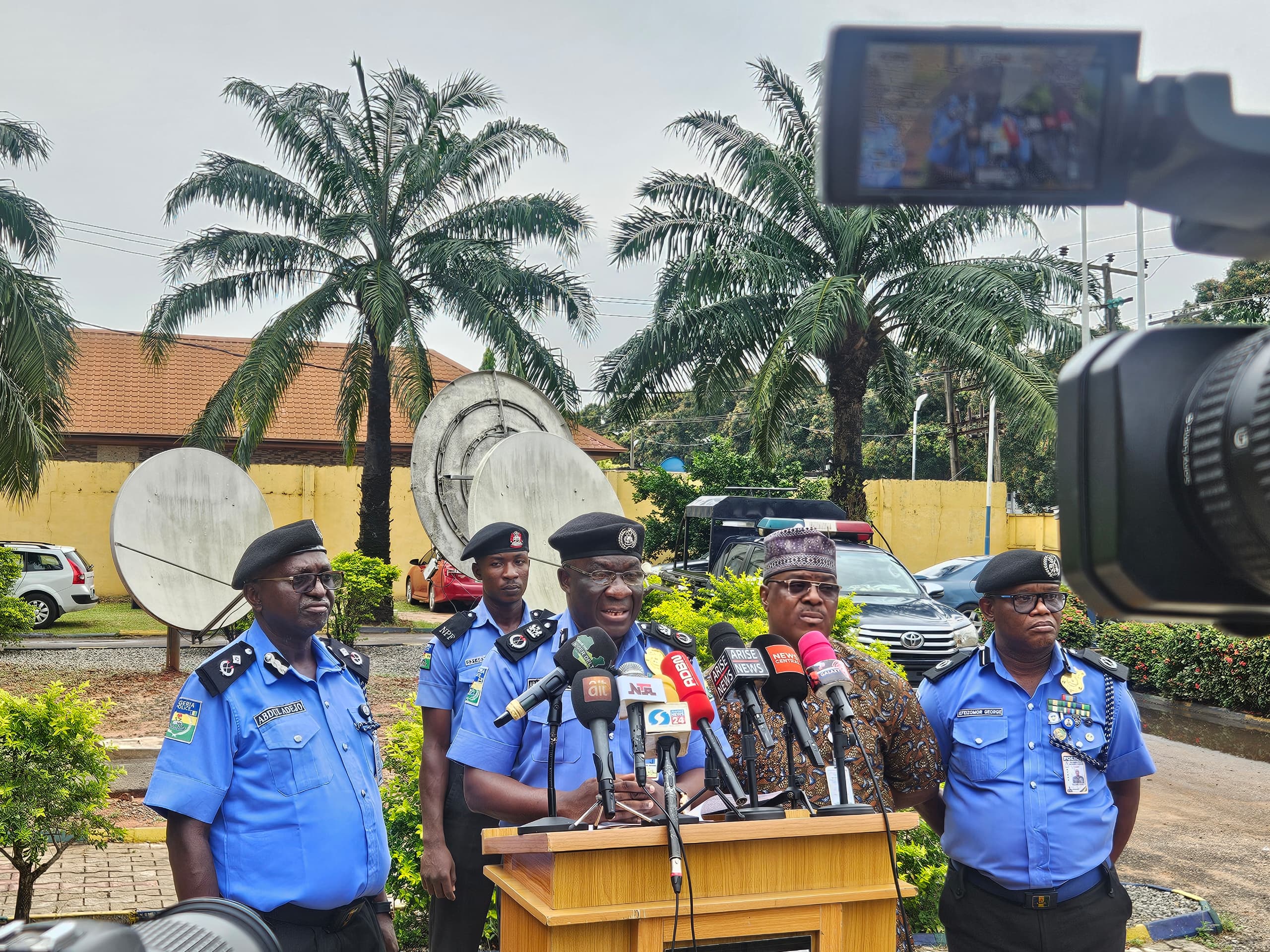In Ogoni, CSO seeks to distribute portable water
Social Action, a civil society organization, has called for the immediate distribution of portable water across the four local government areas of Ogoniland in Rivers State, as recommended by a UNEP report.
The demand was made during a town hall meeting in the state’s Bori Khana Local Government Area, with the theme “Where is the water for Ogoniland?”
Dr. Isaac Osuoka, the Executive Director of Social Action, spoke out about his concern for the health of the people in the area.
Read Also: Buhari’s achievements will go down in history – South East APC leaders
Despite the establishment of an interventionist agency such as the Hydrocarbon Pollution Remediation Project (HYPREP) to implement the UNEP report, he stressed that communities in Ogoni are still struggling to obtain portable water as a basic need.
Osuoka, who was represented by the group’s Communication Coordinator, Peter Mazzi, said the UNEP report recommended two phases of activities to address environmental contamination in Ogoniland: emergency measures and remediation.
He bemoaned the fact that the HYPREP is beset by priority misplacement, administrative bottlenecks, and politics, all of which have contributed to the people’s continued health problems.
“To address environmental contamination in Ogoniland, the UNEP recommended a two-phase tenure of activities,” he said. The phases of emergency measures and remediation.
“The emergency measures include a recommendation for providing access to clean water and forming a health organization, as well as providing immediate relief in the face of life-threatening environmental contamination.”
“The first goal is to address the critical needs of the communities in advance of a full-scale environmental remediation process that could last up to 30 years.”
“Administrative bottlenecks, politics, and priority misplacement have hampered the cleanup process. Until recently, HYPREP’s activities were primarily focused on soil remediation, which has a number of flaws and drawbacks.
Read Also: Nigeria’s debt increased by N2.54tn in 3 month, hit N38tn
“Communities still lack access to clean drinking water ten years after the report was released and five years after the cleanup of Ogoniland was flagged off.
“This is despite UNEP’s warnings of a major health crisis and risk posed by contaminated soil, which has been reported to be 800 times higher than the World Health Organization’s (WHO) limit in some areas.”
He stated that the organization’s visits to various communities all faced the same challenges, which included a lack of portable water.
“All of the communities’ testimonies are the same: there is no safe drinking water.” People continue to drink and use water from the same contaminated sources identified in the report as death traps, with surface and underground water contaminated by hydrocarbons remaining the primary sources of water for most community members,” Osuoka said.
Some community members who spoke spoke about the difficulties they faced in obtaining clean water from far-flung communities.
“We need water in Ogoni because we don’t have water,” said Barilogbene Charity, a native of Kaani in Khana LGA. We are pleading with the government to provide us with safe drinking water.
Read Also: NYSC collaborates with Bank of Ireland, commercial banks on SAED
“We walk to the stream to fetch water, and we don’t like it when we have to trek through lonely bushes to get the water.” On the way, one could be kidnapped and no one would know. Even the water we have to walk a long distance to get is filthy. The water used to be blackish in color, and it is true that the water is not good.
“The water makes us sick all of the time.” We want the government to provide us with water and electricity.”




